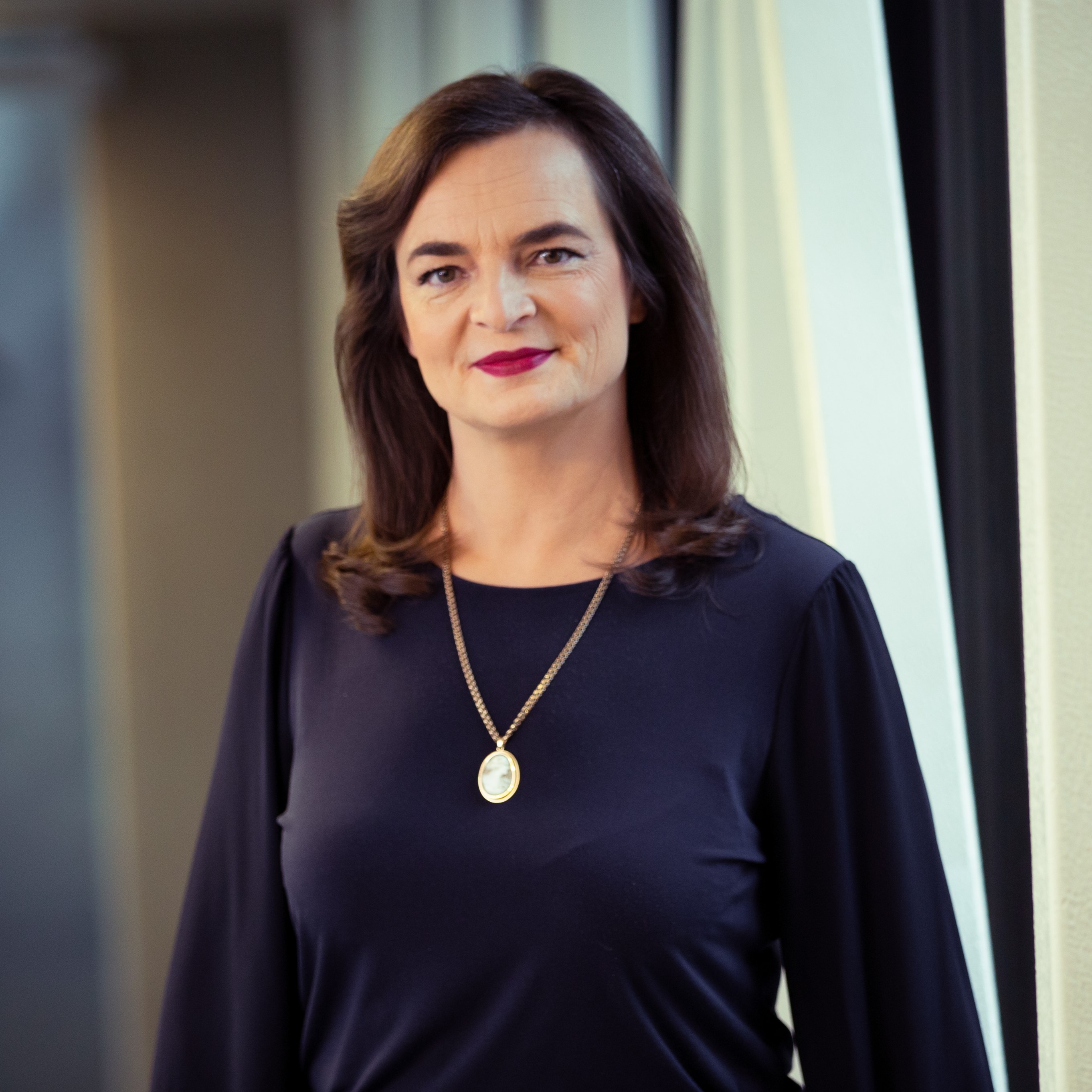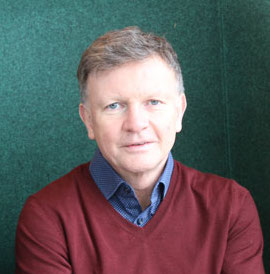Grappling with Methods: The What, How and Why of Research.
Tallinn 18th & 19th March 2024

How do you do research well? Why did you conduct your research in this particular way? There are different ideals for what constitutes quality in research, some of which are paradigmatic. However, the ability to critically reflect on such questions is demanded from all doctoral candidates, who have to learn to argue the what, how and whys of your research in the course of the PhD trajectory. The why of research is to be able to account for the planned and unplanned impacts of choices, omissions and mistakes – and even the outright mess one sometimes makes – in the course of conducting a research project.
This Spring Symposium will offer PhD candidates state of the art knowledge on methods for data collection and data analysis and interpretation, as well as discussions about what constitutes quality in research, whether adhering to a qualitative or quantitative paradigm. Our aim is to strengthen doctoral candidates’ understanding of and ability to critically appraise methodological coherence in the relationship between theory and methods, thereby supporting sound research practice.
Through a strand of thought-provoking lectures, the Spring Symposium will unfold central theoretical and philosophical perspectives on methods and methodology (Strand One: Thinking about Methods). Each keynote lecture is followed by a prepared response, to highlight the value of dialogue and reflect the differences and tensions that exist within the academic community. The respondent is also tasked with engaging the doctoral candidates in the discussion.
Secondly, to complement the thinking strand, we offer a hands-on doing strand with workshop activities relating to either a) troubleshooting candidates’ choice of and use of methods in their PhD projects, or b) candidates’ work in progress, whether an ongoing data analysis or a draft manuscript, with an emphasis on presentation of methods and methodology (Strand Two: Troubleshooting Methods).
Confirmed keynote speakers

Dr Alfred Sköld is Assistant Professor of Psychology at Aalborg University, Denmark, and currently a Research Fellow at the International Psychoanalytic University, Berlin. His PhD-dissertation, Relationality and Finitude: A Social Ontology of Grief (2021) focused on the existential and ethical aspects of grief, and his current research project investigates the role of emotions in youth climate activism. Sköld is the editor of two anthologies in Danish: The Struggle for Happiness (2020) with Svend Brinkmann, and The Register of Love (2023). He has previously been a visiting researcher at Södertörn University and Yale University. Sköld is also the Director of the research group Qualitative Studies at Aalborg University, and the chairperson of Kvale-konferencen (The Kvale Conference).

Katrin Niglas is Professor of Data Analysis at Tallinn University, Estonia. Niglas began her academic work in the speciality of informatics and computing. Having a strong background in the exact sciences and, at the same time, competence in education and psychology, she subsequently specialised in the field of statistics and data analysis. Within the framework of doctoral thesis, she has concentrated on the issues of research methodology, setting the focus on the topic of the combined use of qualitative and quantitative methods. Niglas is a founding member of the researchers’ association Mixed Methods International Research Association and a member of the editorial boards of three high-level international research journals. She has participated in multiple research projects in different fields of social and educational sciences as an expert in methodology and data analysis.

Jonna Lappalainen is an Associate Professor/Senior Lecturer at the Center for Practical Knowledge, Södertörn University Stockholm, Sweden. She wrote her doctoral thesis in philosophy on Søren Kierkegaards understanding of "the single individual". Lappalainen participates in an ongoing research project on collective practical knowledge. The project combines philosophical investigations of the concept of "collective phronesis" with a study of how professionals in the education system and the police force in Sweden and Germany – understand and relate to this very concept. In recent years she has conducted research on the role of thinking in higher education and how it has changed over the last 20 years of transformations in the education system.

Geir Afdal is Professor of Education at MF Norwegian School of Theology, Religion and Society, Norway. He was director of the research school Religion Values and Society (RVS). He has broad academic interests, including how values and knowledge in education may be understood on the background of processes of difference and globalization, both empirically and theoretically, thereby contributing to the understanding of tolerance in education. Afdal’s research interests also include the relation between theory, practice and research, education and values, religious education, participative action research, the understanding of context, learning and knowledge-creation and the relationship between accountability policies and professional values. Geir Afdal is a member of PROFRES 2.0 Scientific Advisory Board.
About the organizers
The Spring School is offered as part of a new international collaboration between The School of Educational Sciences at Tallinn University in Estonia and PROFRES 2.0 The Interdisciplinary, Interprofessional and Practice-Near Research School in Norway.
Tallinn University is the largest university of humanities in Tallinn and the third largest public university in Estonia. We have more than 7,500 students (with 9.5% of them international), and over 800 employees, including close to 400 researchers and lecturers. Tallinn University is very strongly committed to internationalisation.
PROFRES 2.0 is a doctoral research school profoundly preoccupied with conditions in working life, as evident in our remit for practice-near research problems in the fields of health, welfare and education. Through nine partnering institutions we recruit up to 60 candidates from 16 PhD-programmes in Norway, which altogether enroll around 800-900 PhD candidates. Our overarching aim in PROFRES is twofold and complementary: 1) to cultivate excellence in a high-quality interdisciplinary and interprofessional learning environment for practice-near doctoral researchers, with focus on three major labour sectors in the welfare state; 2) to vouchsafe relevance by facilitating new co-creation spaces between academic and practice fields – mutually cultivating innovative knowledge-based professional practice and practice-near research with a view towards shaping future welfare.